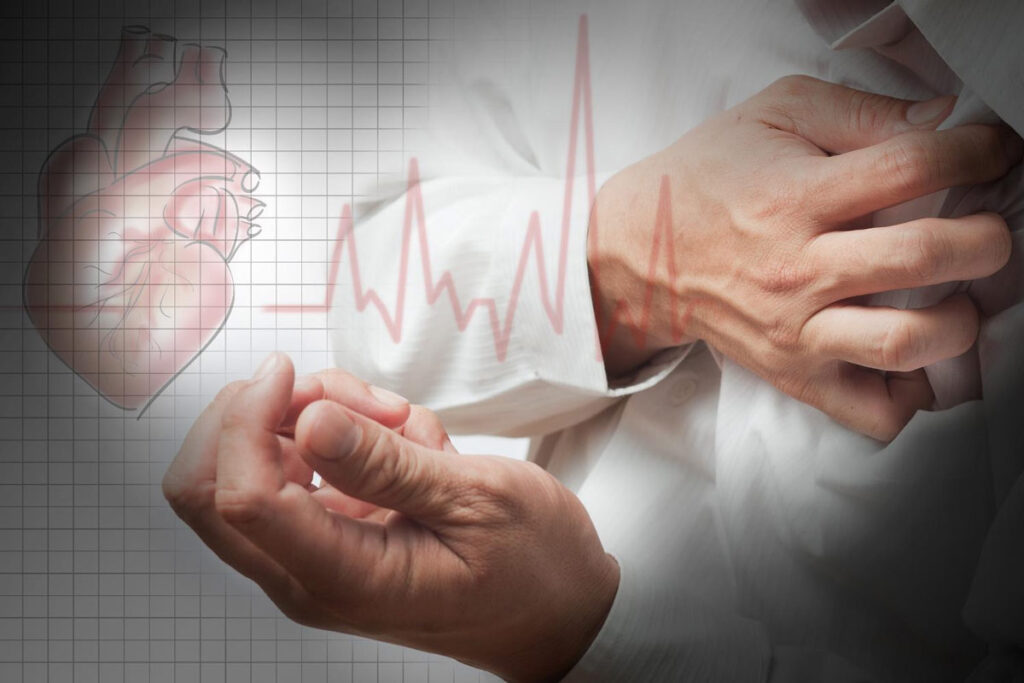Cardiology
Cardiology
Cardiology is the branch of science that examines diseases related to the heart and circulatory system. Cardiology, which was a sub-branch of the internal medicine department, is now a separate department. A doctor with medical education becomes a cardiologist by making his specialty in cardiology. People with symptoms such as fatigue, cyanosis, palpitations, fainting, night urination, edema, shortness of breath and chest pain are treated in the cardiology department.
Coronary Artery Diseases (open angiography balloon + stent procedures)
- Heart failure
- Heart rhythm disturbances
- Heart valve diseases
- Aortic vessel diseases
- Peripheral vascular diseases
- Hypertension
- Hyperlipidemia / Dyslipidemia (lipid metabolism diseases)

Diagnostic methods used in heart diseases
Electrocardiography (ECG): ECG, which is a non-invasive diagnostic method, is the recording of the electrical activity in the heart. The recorded information provides information about the work of the heart muscle and the neural conduction system.
DIAGNOSIS METHODS:
- Disease risk and screening
- Effort test
- 2-D, doppler and color doppler echocardiography
- Stress echocardiography
- 24-hour ECG and blood pressure monitoring
- Calcium screening with multidetector CT
- Myocardial scintigraphy
- Transesophageal echocardiography
- Cardiac catheterization and coronary angiography
- Coronary angioplasty, stent placement, atrectomy
- Heart scintigraphy
- All relevant emergency actions



